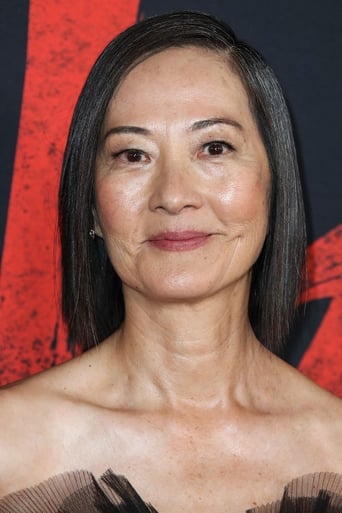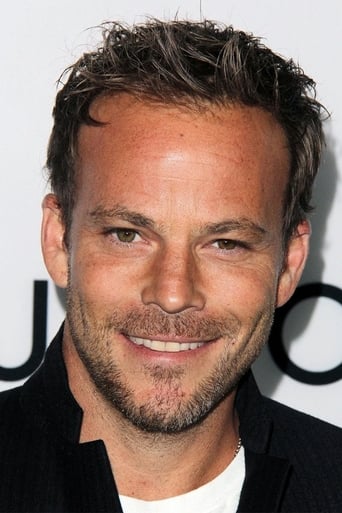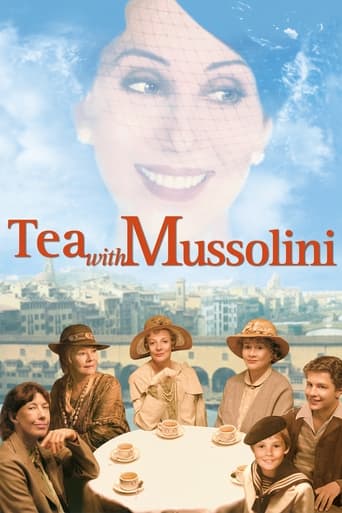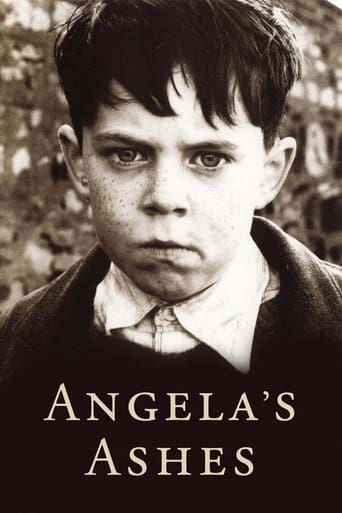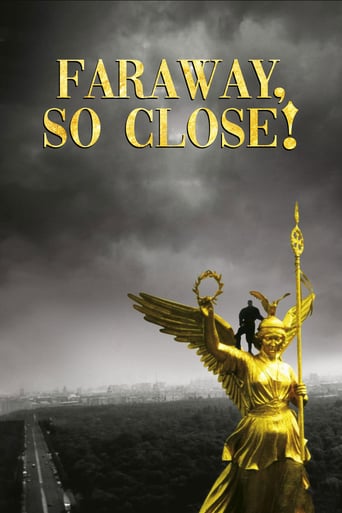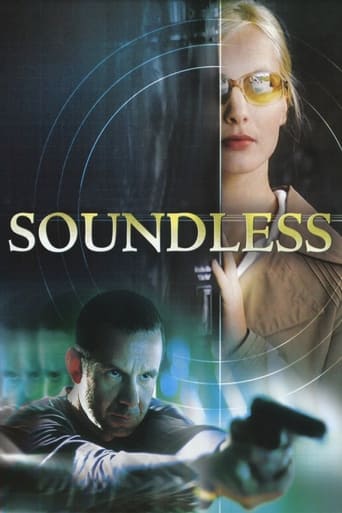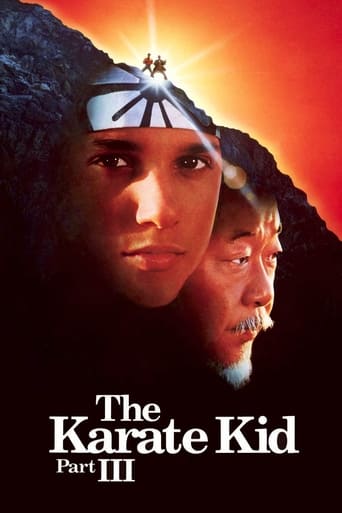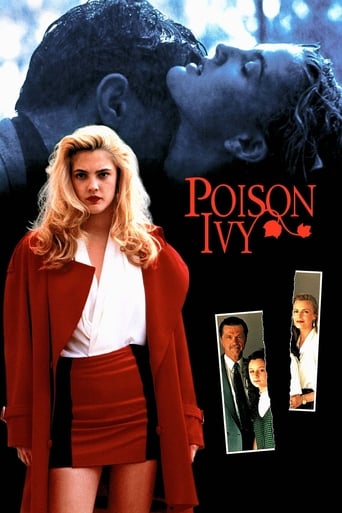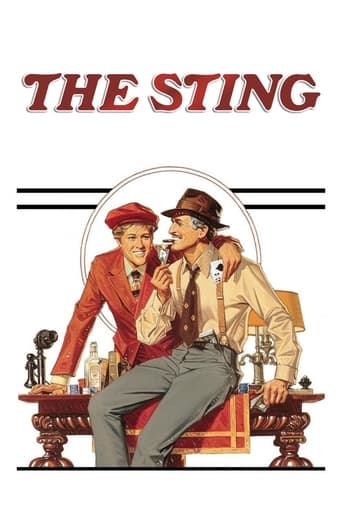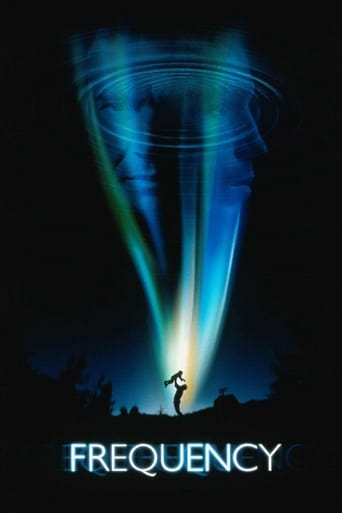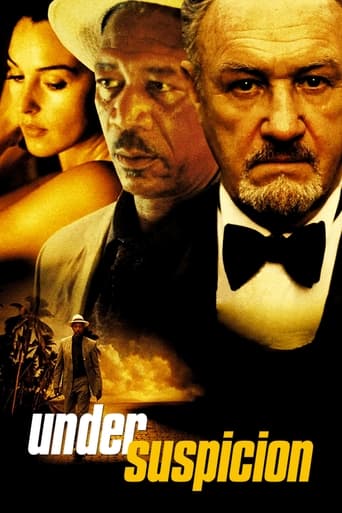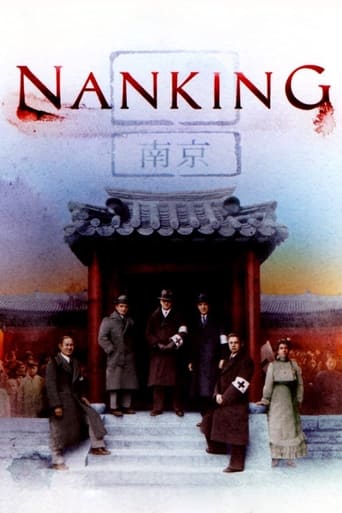
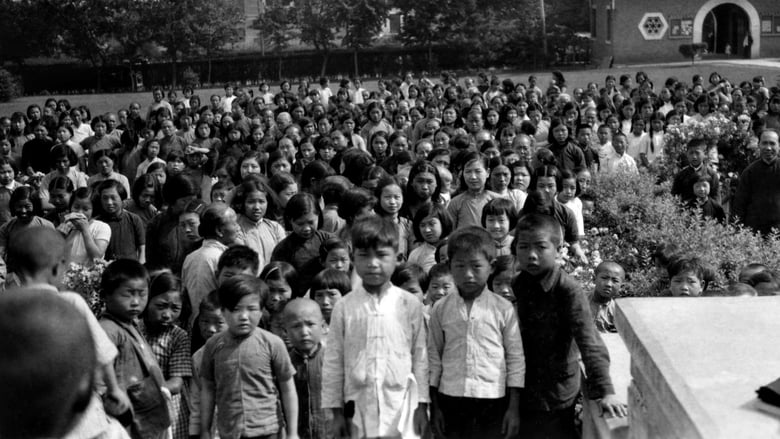
Nanking (2007)
The story of the rape of Nanking, one of the most tragic events in history. In 1937, the invading Japanese army murdered over 200,000 and raped tens of thousands of Chinese. In the midst of this horror, a small group of Western expatriates banded together to save 250,000. Nanking shows the tremendous impact individuals can make on the course of history.
Watch Trailer
Cast


Similar titles
Reviews
Without the focus on the heroic efforts of a small group of European and American expatriates, Nanking the film would be a near unbearable experience. The Nanking Massacre, or The Rape of Nanking as it's widely referred to, took place over a 6 week period in 1937. The Chinese capital city was invaded by Japanese troops, resulting in 200,000 (or more depending on varying estimates) innocent people raped and slaughtered. Tales of civilians being forced to have sex with corpses or family members, unborn foetus's being cut out of their mother's belly with bayonet's, or the gang-rape of small girls and boys are all confirmed here. But Nanking achieves its power not through shocking and repulsing but by showing the triumph of the human spirit in the face of hell on Earth.Although plenty of archival footage is used - from the beautiful, pulsating Nanking sitting proudly as China's capital, to it's destruction through heavy bombing - a bulk of the film consists of readings by actors of diary entries written by the likes of Nazi party member John Rabe and American missionary Minnie Vautrin. Rabe and Vautrin were part of a small, wealthy group of men and women who decided against fleeing Naking, and set up a 'Safety Zone' inside the city. The actors, including the likes of Jurgen Prochnow, Mariel Hemingway, Woody Harrelson and Stephen Dorff, are earnest and understated in their delivery, and this helps give these moments an urgency, when it could have come off as trying to add some Hollywood gloss to a devastating event.The Japanese agreed to the implementation of the safety zone, but their soldiers would parade the grounds, raping women at will and dragging men off to be executed on mass for being suspected enemy soldiers. Still, the protection offered by Rabe, Vautrin, Bob Wilson et al is estimated at being responsible for the survival of 200,000 Chinese lives. This is hard stuff to watch, one of the most despicable war crimes ever committed - interviews with Chinese survivors and seemingly remorseless and disconnected Japanese soldiers hit particularly hard - but this is essential viewing, proving that in order to move forward, we must look back.www.the-wrath-of-blog.blogspot.com
It was during the American Civil War that the Truth was driven home like a wooden stake through a vampire's heart: target the civilian population, engage in a "scorched earth" policy, and you'll shorten the war. But has it ever been otherwise? History suggests it's always been the norm. Not long ago, I watched a documentary about a photographer who had gone to Africa and returned with some of the most horrific photos imaginable. There were the usual atrocities, drought, etc.,- but the most shocking photo, which turned out to have been recorded on video as well, showed a human being literally reduced to skeletal proportions crawling slowly along a dirt road. One couldn't help but feel for the man... and then the documentary revealed that this man and other members of his tribe had butchered and beheaded and dismembered all the members of another tribe... the tribe that had been responsible for farming and providing food for everyone in the region. When the U.$. invaded Afghanistan, Afghanistan was said to be "the POOREST country on Earth." "The enemy creates a desert," someone says in the documentary NANKING, "and calls it Peace." Also in NANKING, we're told that those Chinese with Money and Means were able to avoid the horrors visited on the rest of the population- "the poorest of the poor," who couldn't AFFORD to flee (Katrina, anyone?). It's ironic, indeed, that one of the Chinese benefactors was a devout Nazi sympathizer; ironic, too, that it was the United $tate$ itself that supplied the Japanese with war supplies. The Japanese strategy in Nanking was summed up by "the three Alls: Kill All, Burn All, Loot All." (The exact same strategy employed by the U.$. in The American War- in Vietnam...) Says one missionary: "During this time, we really felt that we were contending with the powers of evil." ("Axis of Evil," anyone?) "I can see little indication of God," one wrote. (And these writings, as powerful as they are, are somehow LESS powerful when read by Actors so very far removed from the Reality; better it had been a narrator- or at least Actors kept off-camera.) It was indeed infuriating to see the unrepentant old Japanese war criminals fondly recalling the atrocities they committed (see the documentary THE ACT OF KILLING to see this kind of jerking come full circle) and some of the revelations about their depredations were truly startling- for instance, that they raped young BOYS when young Girls weren't available... and the (eye-witnessed) act of NECROPHELIA. (Did you know that General Patton left Nazi guards on duty at some of the "liberated" concentration camps during World War Two? How's THAT for a War Hero? Gung Ho Gung Ho Gung Ho...) As for the Japanese, they just "wanted no witnesses."
I won't leave an 'out of ten' for this one because I turned it off after an hour. Not to downplay what happened to the citizens of Nanking but sometimes you just have to ask yourself 'Why am I watching this?'. I rented this one cause it said 'based on the incredible true story...westerners unite to save thousands of innocent civilians from the atrocities of war' or something like that. So I was expecting some feel-good re-enactment of history, something akin to Schindlers List. But after watching for about an hour, listening to the REAL people describing some of the most gruesome acts of atrocity committed to their loved ones before their very eyes, I began to realize that this movie was not for me. Yes, all this happened, and yes, we must Never Forget, but at the same time I believe you can make an argument against using horrific anecdotes to teach history. For the people who lived through this I don't believe there is any story of redemption, no rhyme or reason, no heroic deliverance. Yes, good people stood up and saved lives and that should have been the focus of this documentary, not the unspeakable brutality.
I've read several books on Nanking and what happened there. Clearly there were an appalling series of atrocities which the movie documents well.But what was the point of having a bunch of Hollywood actors reading these lines? That contributed nothing at all in terms of understanding. If anything, it produces a kind of jarring dissonance watching someone like Harrelson who wants to see the US walk away from Iraq and leave people to suffer the same fate as Nanking, presuming to lecture us through his character about how awful the Japanese were. Isn't this the same Hollywood batch that talks up three minutes of waterboarding as if it were in the same league as what happened at Nanking? Personally I wish they had just shut up and let the narrative proceed.The films of the era were superb, as were the individual stories and anecdotes told by participants, including the Japanese soldiers. The coverage is very one sided, with the Chinese given the upper hand, but then the real events explain much of that. But the producers might have pointed out that Chinese soldiers didn't exactly treat civilian populations with kid gloves either. That's the way wars are fought and won in the main; Nanking was simply a particularly egregious example.Some are claiming this is an "antiwar" movie. Those in favor of letting the world live under Japanese and Nazi Imperialism so that there are no more wartime atrocities are simply exchanging the faster agony of war to the slow agony of peace under dictatorship.It would be really great to see these Hollywood 'stars' in a documentary about self-congratulatory hypocrisy. They kind of stunk this one up. The film would have been better without them.



